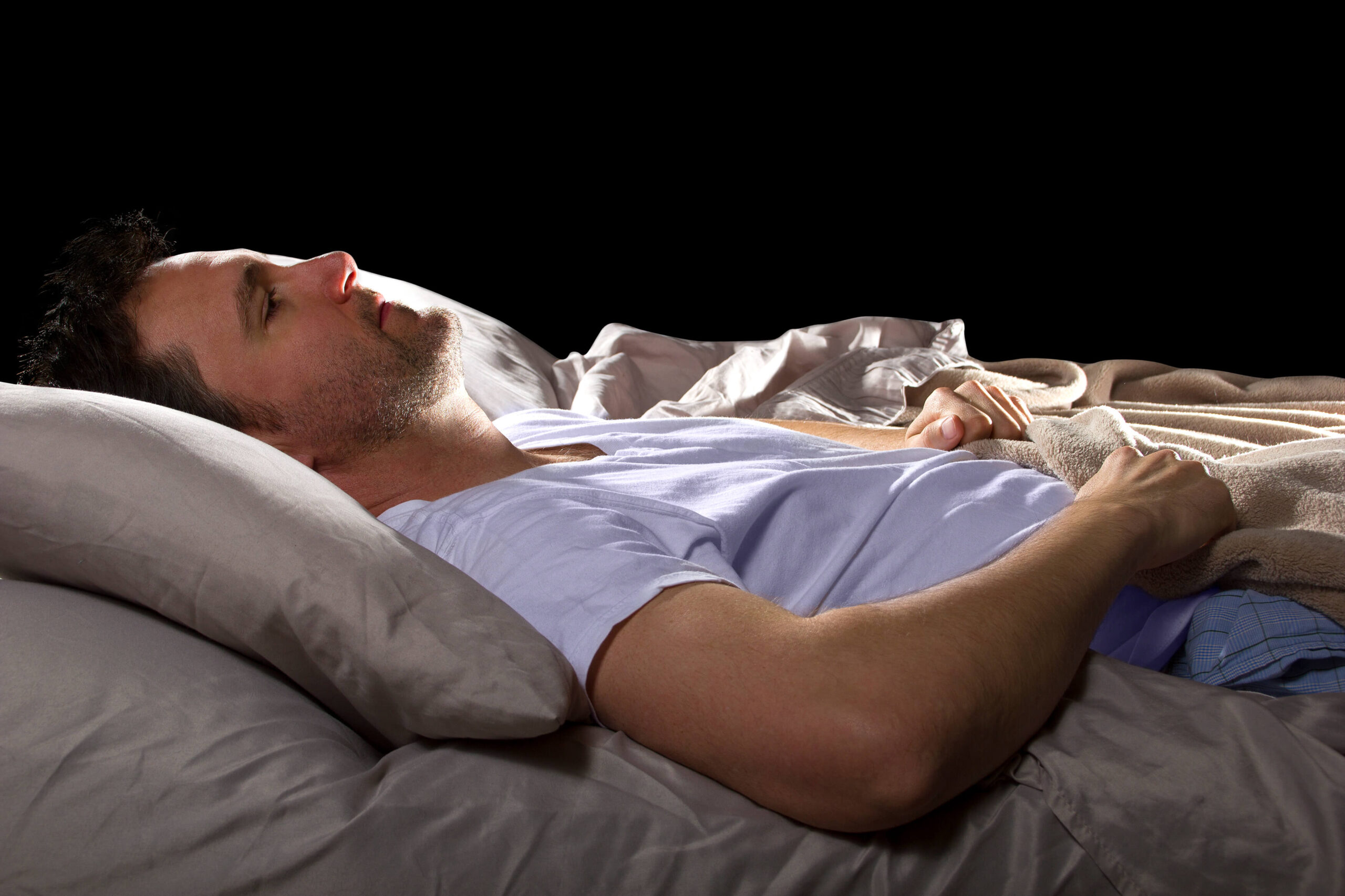Can’t sleep? You are not alone! Approximately 1 in 5 Australians are estimated to be affected by a major sleep disorder, so next time you are lying awake at night, odds are high that someone in your building or someone up the street is staring at their ceiling too.
Sleep problems can range in severity. Sleeplessness may be an ongoing or seasonal struggle. Regardless of the type of sleep problems you may have, there is an over abundance of advice, medications, tricks, or devices all fighting for your attention. But do they really work?
One of the biggest pitfalls to ‘solving’ sleep troubles is when people try to do too much. We live in a culture that says, you must do something to fix your sleep problem. But what if we are making the problem worse?
‘Clear your head. Count sheep. Stop worrying.’ How many times have you heard these age old ‘tricks’ as advice to help you sleep?
Well, new studies find, that these ‘tricks’ are not effective. They tend to make you think that falling asleep is something that you can actively do. Your brain is actually stimulated when you try to solve the ‘problem’ of not sleeping. Reality is that your body knows how to sleep. Sometimes we are just getting in the way by trying to override nature with our ‘sleep tricks’.
If you are looking for a new perspective on coping with your sleep troubles think about this:
- You can’t solve your problems at 3 am. Many times we end up trying to solve problems while we are in these night wakings, and sometimes that problem is trying to find a way to fall back asleep. We are not designed to function at our prime in the middle of the night, so let go of trying to solve problems late at night. Let it go, everything can wait until sunrise.
- If you can’t sleep, just rest. If you are dealing with multiple failed attempts to try to sleep, just commit to resting your body. Even if you aren’t sleeping, it is the next best thing. Just resting and not actively trying to sleep may just be the relief your body needs.
- Trust your body. We have been doing this sleep thing for a couple million years. We have only evolutionarily been logically problem solving for a couple hundred years. All of these numbers to simply say, when your body needs sleep, it will sleep. You can trust that your body knows what it is doing and you don’t need to do anything extra to make yourself sleep.
There are ways to help promote a better nights sleep, but they all take place in the daytime.
A daytime guide for a better nights sleep:
- Exercise
- Avoid caffeine after lunch
- Avoid screens before bed (TV, phones, computers)
- Take a relaxing bath
Give these tips a try during the day but once it is time to hit the sack, do nothing! Sleep disorders can be a serious issue and can seriously impact the quality of your daily life. If you are frustrated with your sleep problems and feel as though you may need support, reach out to a professional.
If you are struggling with sleep you can speak to a psychologist for support. Contact us on (02) 6262 6157 or book an appointment online.
Related reading:
Stress
How Stress can Affect the Body
Stress: How to Manage (or even Benefit from) It
